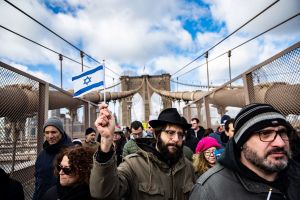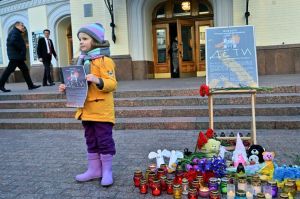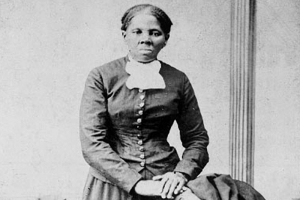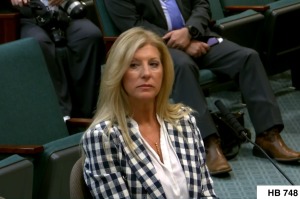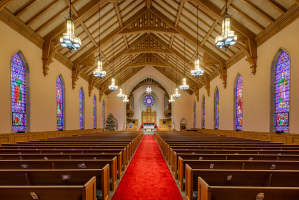Religious Freedom Being Stifled Around the Globe, Says Study
A new study highlights the growing global trend of religious restrictions, whether by means of government action or social trends- limiting regulations are currently affecting three out of every four individuals.
The study, conducted by the Pew Research Center's Forum on Religion & Public Life, is titled "Rising Tide of Restrictions on Religion" and showed that the percentage of the world's population that was affected by restrictions on religion increased to 75 percent. That's up from 70 percent the previous year.
What is equally disturbing is the rise of various countries around the globe that have enacted stricter laws governing the observances of practices of faith. The study found that the percentage of countries who adopted such measures increased from 31 percent to 37 percent.
The study lists some government restrictions which include laws against "proselytism" or "blasphemy." It also includes laws limiting some countries citizens' choice of religious materials, such as Uzbekistan, which only recognizes religious materials produced by the state.
Social restrictions, on the other hand are not controlled by the state and can include ostracism, mob action, or other community-based action in response to the exercise of faith. These specific social occurrences are often able to manifest due to the inaction of local authorities.
While the report uses data before the Arab uprisings took hold, it still highlights that region as one of the harshest in terms of limiting religious liberty, while also cautioning that restrictions of religious freedoms and liberty are becoming wider spread.
"The Middle East-North Africa had by far the world's highest levels of social hostilities involving religion as well as government restrictions on religious beliefs and practices," the study stated.
"A rising level of restrictions occurred in each of the five major regions of the world … In three regions – Europe, the Middle East-North Africa and sub-Saharan Africa – the median levels of both government restrictions and social hostilities increased from mid-2009 to mid-2010," the research continued.
The United States, often the beacon of global freedom, was moved from a low category to a moderate category for the first time citing developments at the state and local level.
"In the year ending in mid-2010, there was an increase in the number of incidents in the U.S. at the state and local level in which members of some religious groups faced restrictions on their ability to practice their faith," the study read.
















